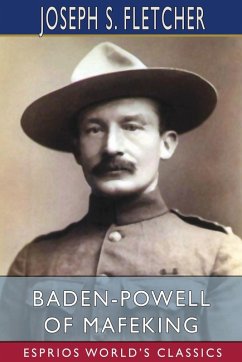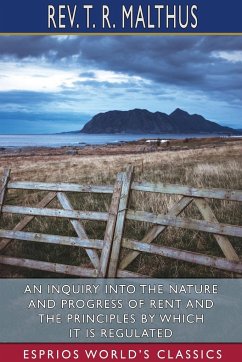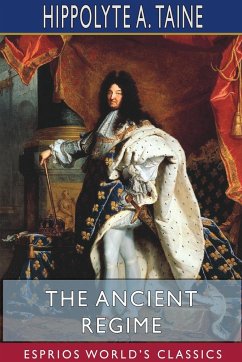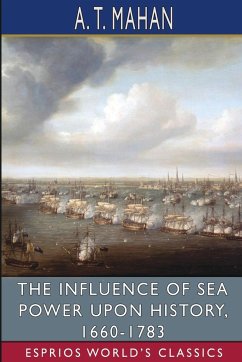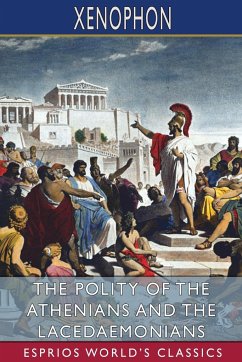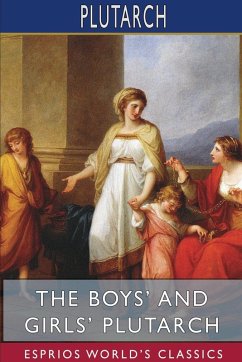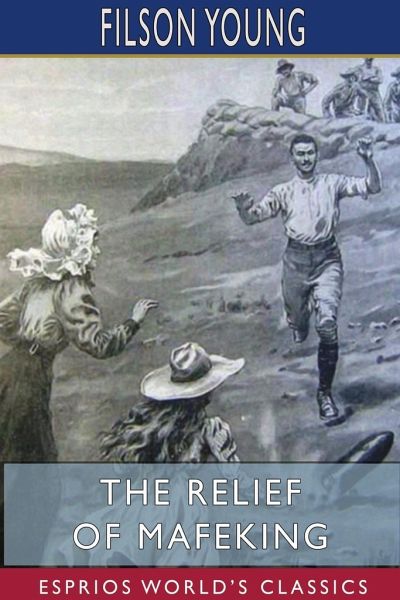
The Relief of Mafeking (Esprios Classics)
Versandkostenfrei!
Versandfertig in 1-2 Wochen
21,99 €
inkl. MwSt.

PAYBACK Punkte
11 °P sammeln!
Alexander Bell Filson Young (1876-1938) was a journalist, who published the first book about the sinking of the RMS Titanic, called Titanic, published in 1912 only 37 days after the sinking. He was also an essayist, war correspondent in the Boer War and World War I, a programmes advisor to the BBC, and the author of two novels. Beside his literary work, he was an organist and composer, and a pioneer of motoring and aviation. To make a career in publishing he wrote continually on his many enthusiasms and on subjects which would interest the public. In 1903 appeared his Ireland at the Cross Road...
Alexander Bell Filson Young (1876-1938) was a journalist, who published the first book about the sinking of the RMS Titanic, called Titanic, published in 1912 only 37 days after the sinking. He was also an essayist, war correspondent in the Boer War and World War I, a programmes advisor to the BBC, and the author of two novels. Beside his literary work, he was an organist and composer, and a pioneer of motoring and aviation. To make a career in publishing he wrote continually on his many enthusiasms and on subjects which would interest the public. In 1903 appeared his Ireland at the Cross Roads; in 1905 his novel, The Sands of Pleasure, his Christopher Columbus and the New World and his Mastersingers: appreciations; in 1907.





